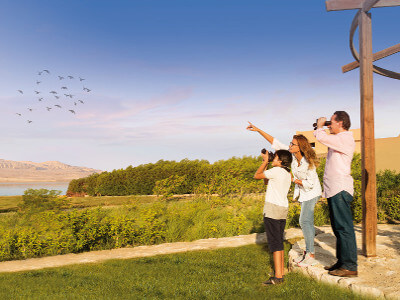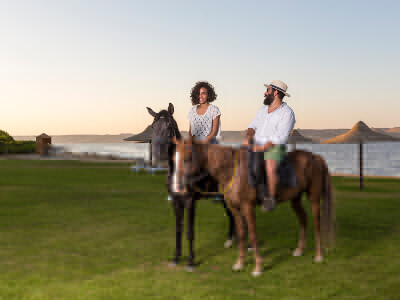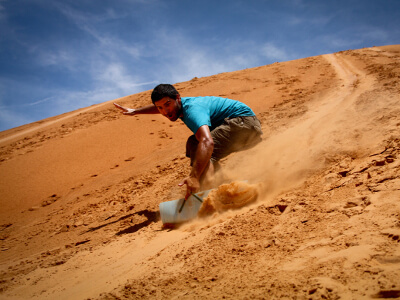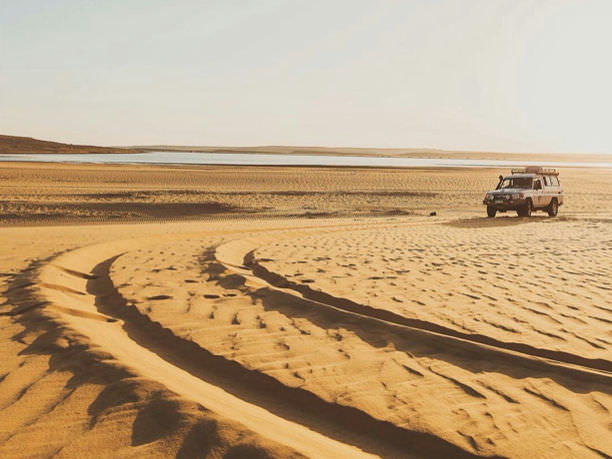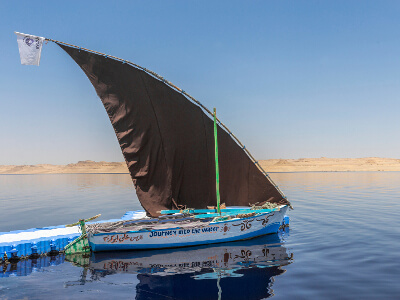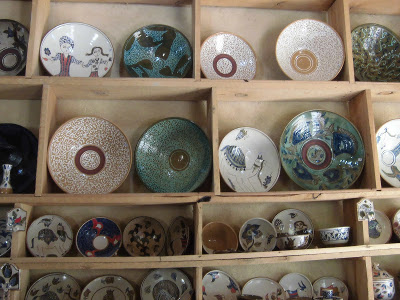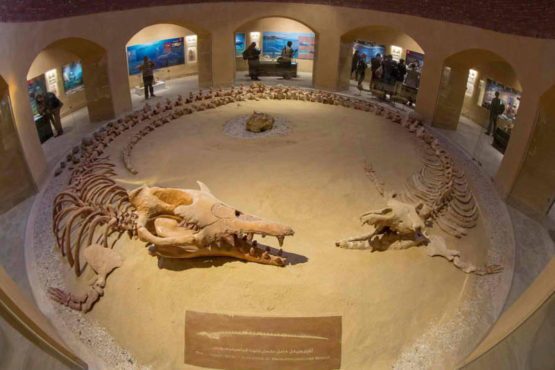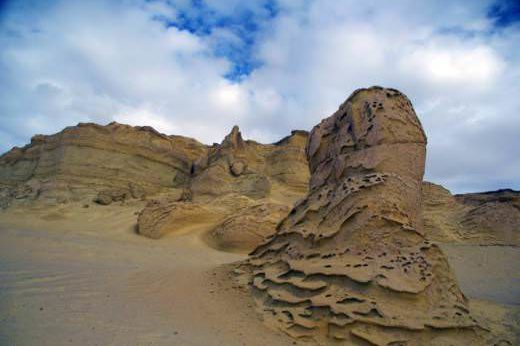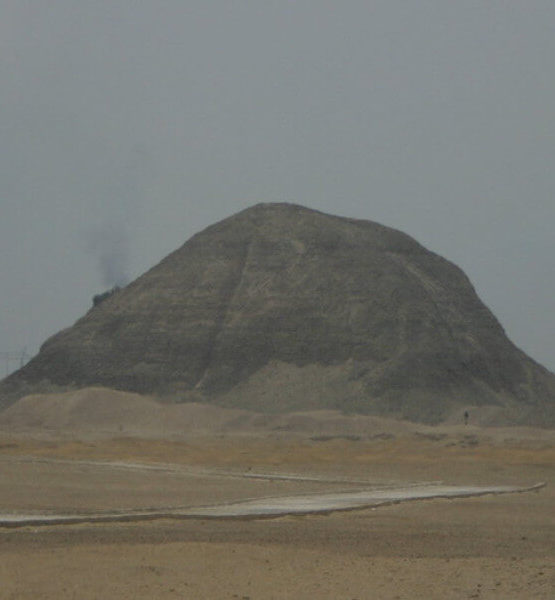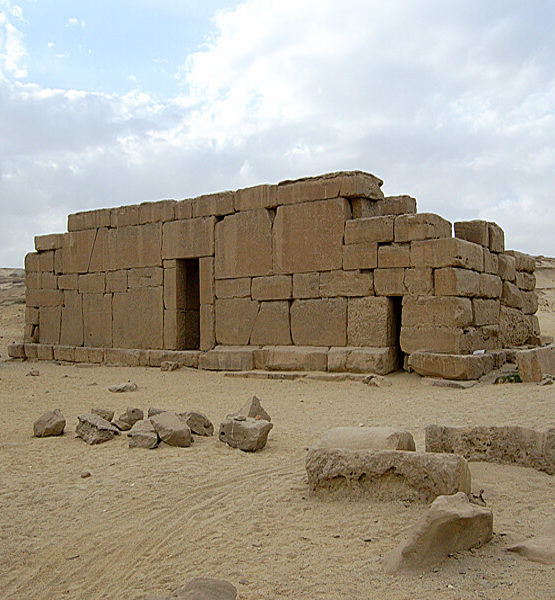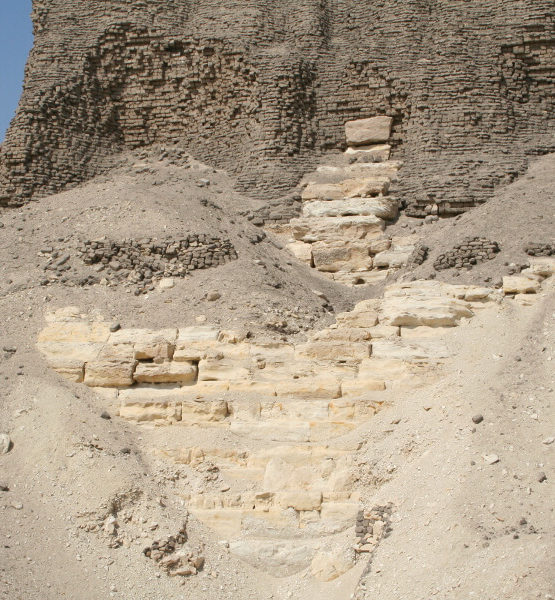Greco-Roman
Kom Oshim (Karanis)
Best known as ancient Karanis, Kom Oshim is a Ptolemaic era town founded by Greek mercenaries and their camp followers during the 3rd century BC. The site features a small museum with pottery and glassware, terra cotta figures and two lifelike “Fayoum Portraits”.
Qasr Qaroun (Dianysias)
A Ptolemaic era temple (on the Western shore of Lake Qarun) dedicated to Sobek—the crocodile god.
Dimait Al Saba
Dimait Al Saba, or Dimait of the Lions, is a Ptolemaic era city founded by Ptolemy II in the 3rd century BC. The town once served as a port and features magnificent ruins including two temples, houses, underground chambers, streets and walls.
Madinet Madi (City of the Past)
Located 30 kilometers south of the city of Fayoum, Madinet Madi is a city built during the Graeco-Roman Period. It features the ruins of two separate towns and a small temple dedicated to Sobek, Horus and the serpent-goddess Renenutet.



